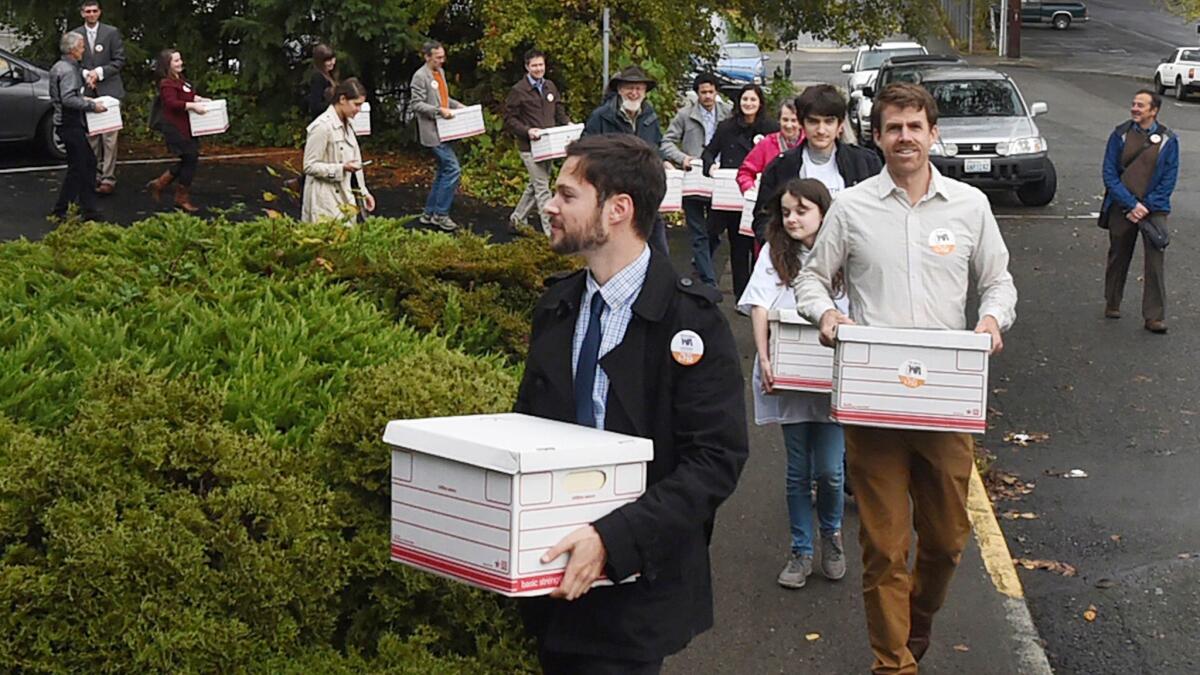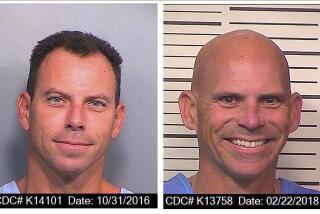Opinion: Why a revenue-neutral carbon tax won’t work for Washington state

To the editor: To answer the question Steve Malanga posed in his op-ed article about Initiative 732, one reason the Sierra Club Washington state chapter does not support it is because carbon taxes alone do not meaningfully reduce carbon emissions. (“Why are environmental groups lining up against Washington’s carbon tax initiative?” Oct. 31)
Making carbon more expensive alone doesn’t produce the funding to build infrastructure to allow people to live their lives without burning fossil fuels. This is particularly true for low-income families and communities of color, who get higher costs but no new infrastructure to help get around without burning carbon.
Carbon emissions are not a market problem, they are an infrastructure problem. The Sierra Club supports proposals that fund investment in green jobs, energy efficiency, transit, housing and renewable energy — and that put the needs of communities of color first. Initiative 732 doesn’t do that, so we do not support it.
Robert Cruickshank, Seattle
The writer is an executive committee member of the Washington state Sierra Club’s Seattle group.
..
To the editor: Bipartisanship is the only route to solving climate change. Economist Yoram Bauman’s coalition-building success on Washington state’s carbon-tax initiative deserves praise and support.
Some activists are mistakenly turning Initiative 732 into a poor-versus-rich battle. In fact the measure would lay the groundwork for a national carbon tax that is 100% revenue neutral. Under such legislation, everyone gets an equal dividend, and when the dividend is equal, the poor and middle class benefit. This is because the poor and middle class don’t burn much carbon.
Electricity, gasoline, heating and cooling account for about a third of what we emit. The rest is hidden in things we buy. The more we spend, the more carbon we burn. The rich feel a carbon tax, while the poor make out nicely.
Craig Preston, Costa Mesa
Follow the Opinion section on Twitter @latimesopinion and Facebook
More to Read
A cure for the common opinion
Get thought-provoking perspectives with our weekly newsletter.
You may occasionally receive promotional content from the Los Angeles Times.










